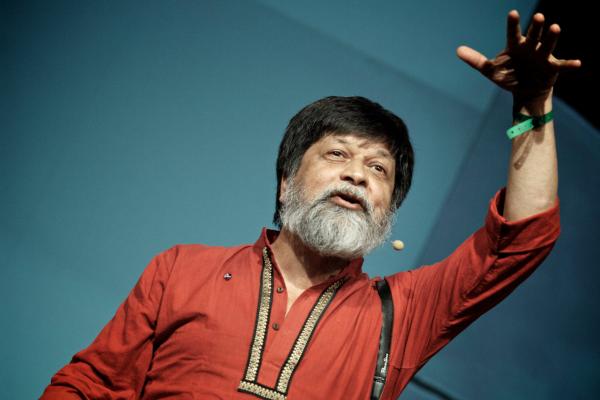Sep 19, 2018
This is not the first time a South Asian activist has been punished for speaking out against the government. Southeast Asia has some of the largest democracies in the world, and yet under the current climate, every voice of defiance is pegged as a coup, or a smear campaign. There have been countless activists, journalists, and others who speak up that have been relentlessly targeted.
Read the Full Article

Already a subscriber? Login
